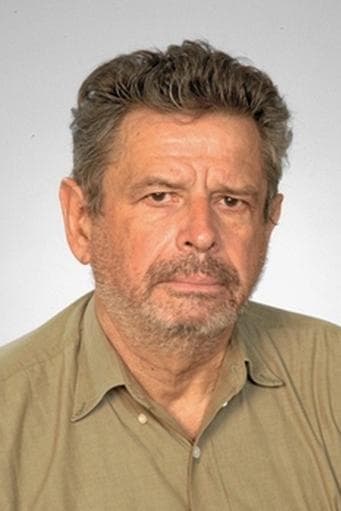
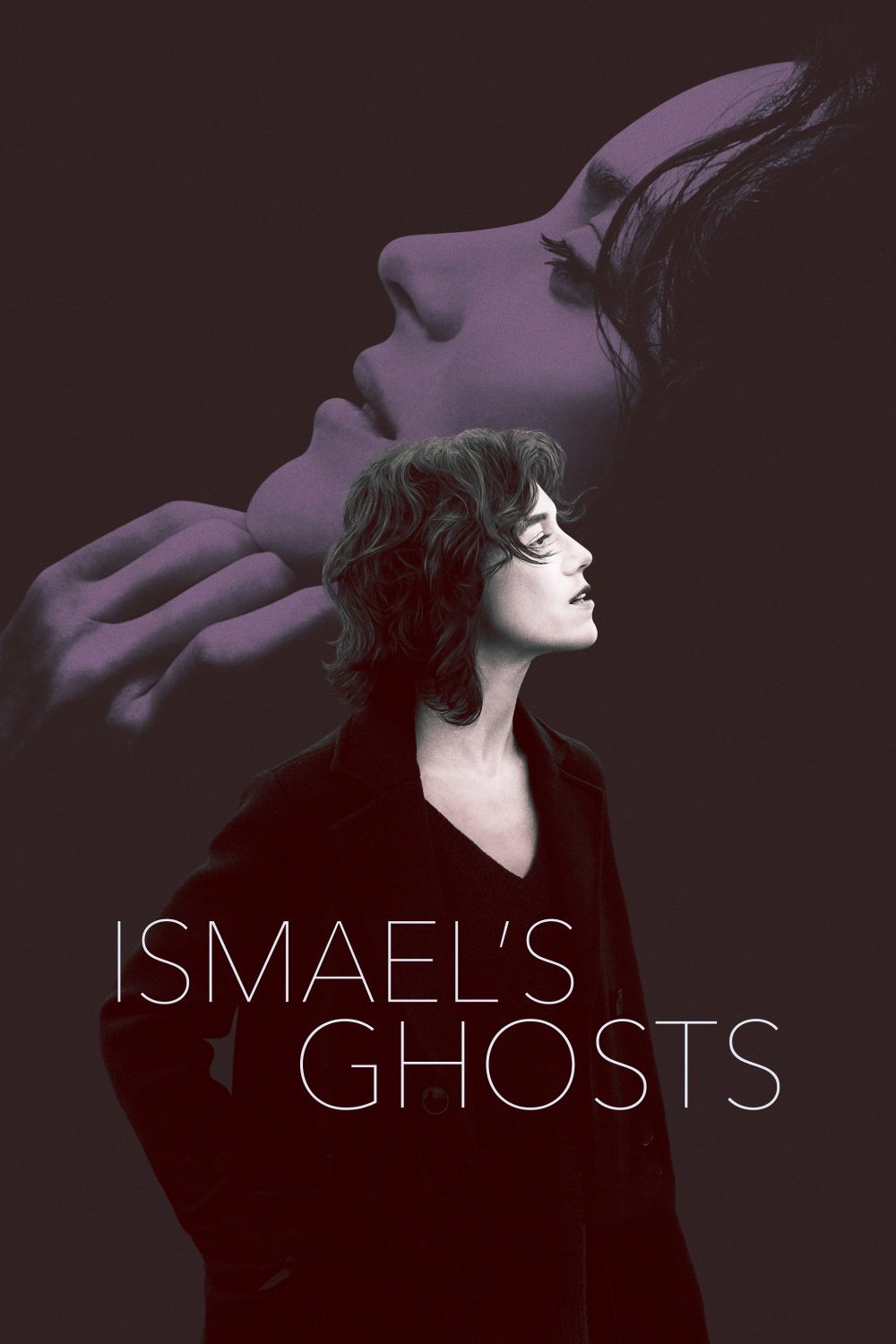
Just as the disheveled and alcoholic filmmaker Ismaël embarks on a difficult new film project, his life is sent into a tailspin. His wife Carlotta, presumed dead for 20 years, come crashing back into his life creating chaos in his work and his current romantic relationship with the starry-eyed astronomer Sylvia.
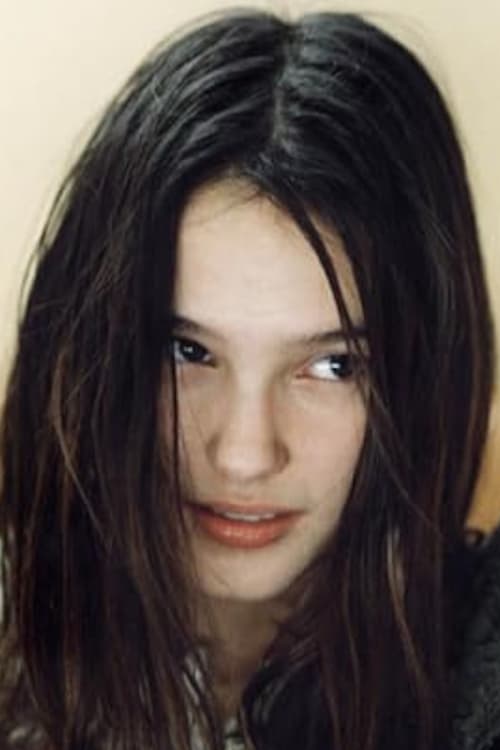
1972. Gilles and Christine are a young couple who is struggling with family difficulties and growing up. Christine convinces Gilles to run away together to a hypothetical community of artists living in the south of France, in Lozère. This TV movie is the basis of Olivier Assayas' feature "L'Eau froide".
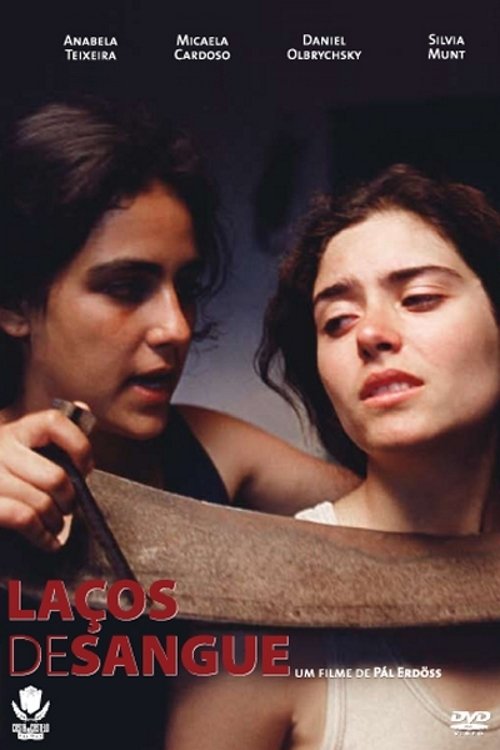
Lina and Mariana run from an orphanage in Porto towards the south, in search of Lina's father. It is in a difficult and chauvinistic world that they end up finding Alberto who lives with Júlia on a hill somewhere in the Alentejo. Without informing that Maria is their daughter, they try little by little to know why she abandoned her. When they know the reasons, they both plan revenge ... and execute it.
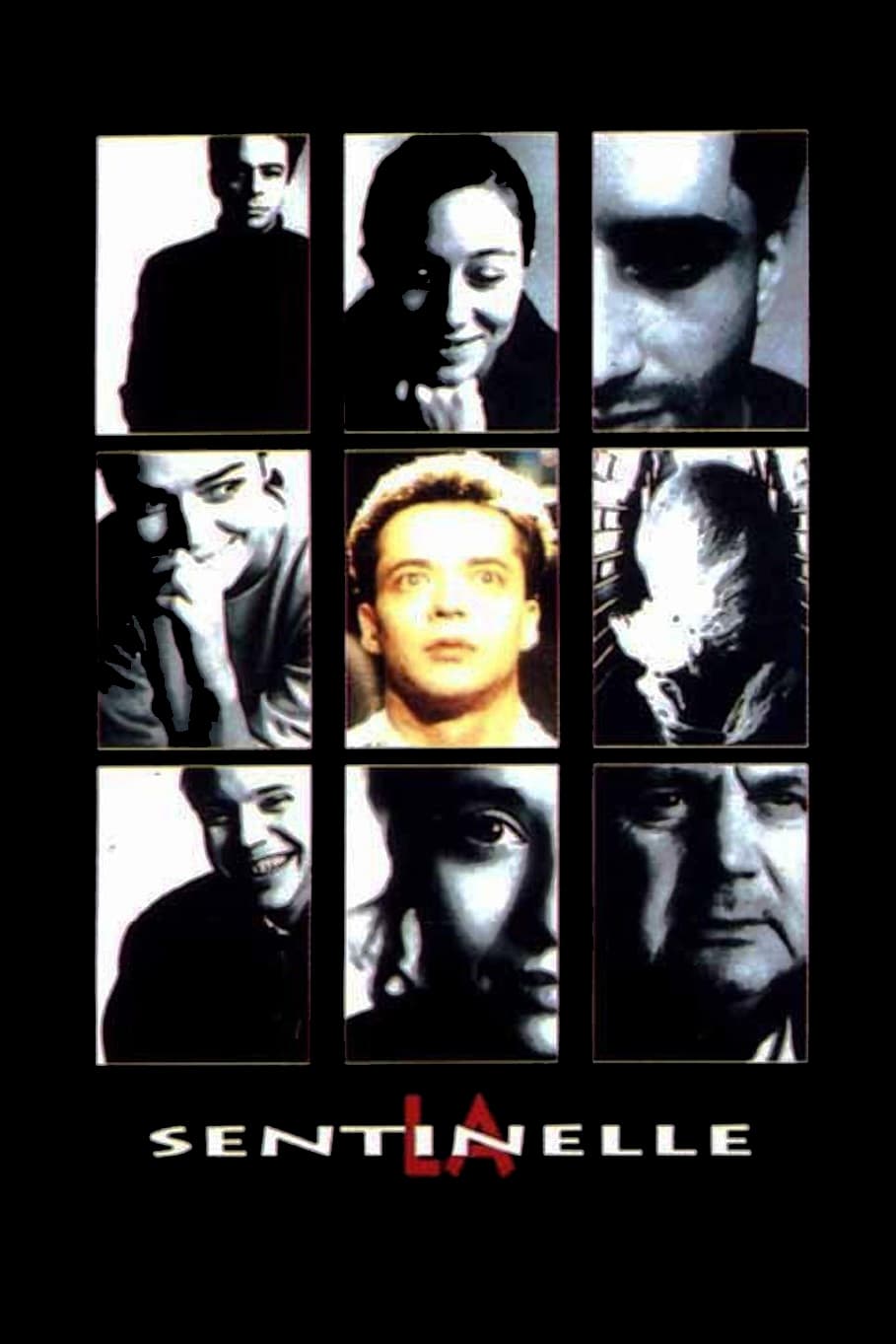
A medical intern finds himself drawn into a world of international intrigue after discovering a shrunken human head in his luggage.
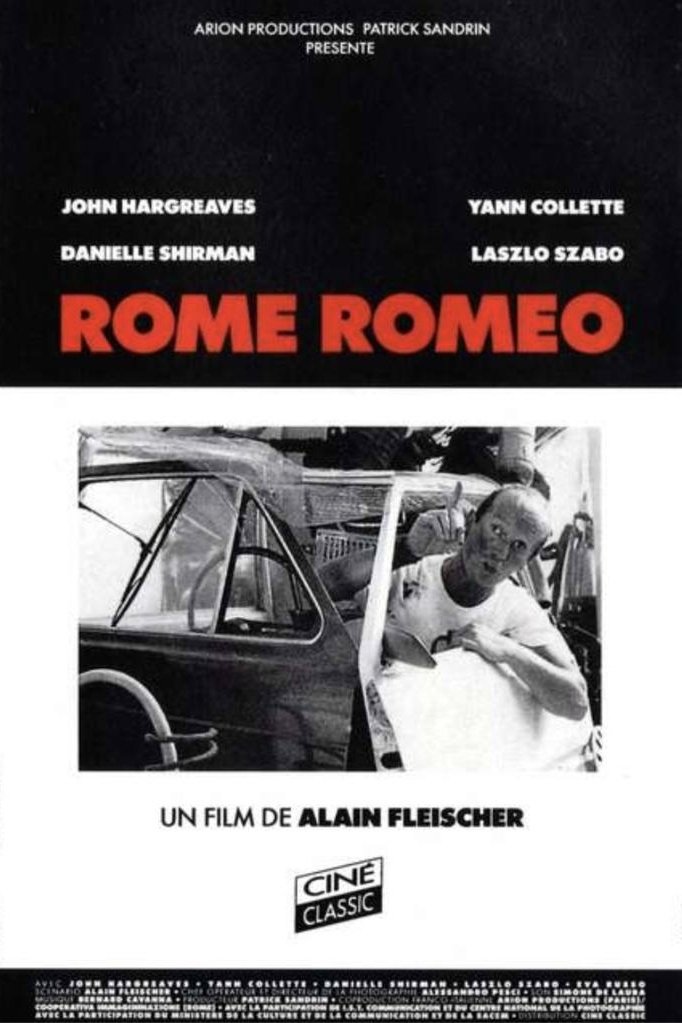
David, 50 years old, returns to Rome for an appointment made 20 years earlier. The passion that bound him to the Countess Clara Orsini had ended with a flight to the other side of the world. The woman he finds on the day of the appointment is not the one he loved, but another, his double, his own daughter who bears the same name of Clara. Intimate ties are formed between them as they wander through Rome.

Imre Horváth and his friends gather to celebrate his wife's birthday. They are confused because of the changes in the country's politics and want Horváth to be much more active politically, but he is more concerned about his affair with his best friend's daughter.
A tribute to Orson Welles. When Kovacs meets Agi, he does not know what awaits him: cinema, alcohol and love do not mix well when you are a Hungarian director parachuted into Hollywood...
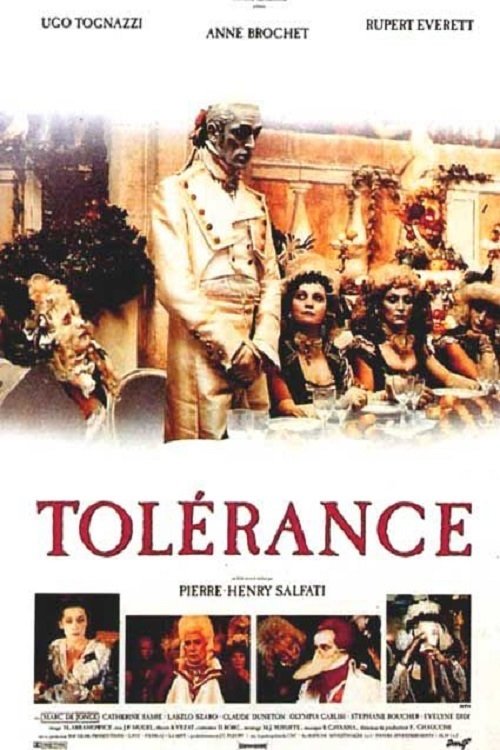
An English hermit Rupert Everett) has somehow been brought to France in the period following the French Revolution, and prior to the Napoleonic Era, a period (1795-1799) known as "The Directory." He eventually comes down out of his tree into a chateau owned by an Italian nobleman (Ugo Tognazzi) and his wife. Before long, the hermit has washed and bathed and become quite presentable, even charming. However, his appearance in their midst is like a sentence of death for many of those who associate with him.
Leaud portrays a Parisian publisher of romance novels who hits on the gimmick of having his live-in girlfriend (carrot-top cutie Helene Lapiower) pose as author Rosine de Beaumont for book jacket and autograph signings. She's an immediate hit but rebels against being exploited, and throws Leaud out of their apartment. Complications occur when she meets a nerd (Rufus) claiming to be the book's author, leading to discovery of the real author (Thierry Fortineau), a bookseller who"s so happy to be in print at last that he's not to miffed at the deception. Climax shot at Charles de Gaulle Airport neatly weaves plot threads together for a blissfully happy ending.

After the suicide of his actress-mother, a young man announces his identity to his father, who happens to be the man who directed his mother's last film.
László Szabó (born 24 March 1936) is a Hungarian actor, film director and screenwriter. Since 1952, he has appeared in more than 120 films. These include seven films that have been screened at the Cannes Film Festival. He was born to Béla Szabó and Margit Gulyás. Between 1954-1956 he was a student at the Budapest University of Technology , during which he performed in an amateur theater group. He applied to the Theater and Film Academy as an actor, but was not accepted. He left the country in the fall of 1956 and went to Paris . Like the French new wavers, he also visited Henri Langlois ' "liberty university of film history" at the Cinématheque, watched the film series, met and talked to the directors who presented their films, and while writing in the "cahiers", interviewed Buster Keaton together with Jacques Rivette . He and a friend dropped by on the set of Chabrol (Cousins), from whom he immediately received a one-sentence role. And in his next film, Locked with the Key , a longer one. After that, Godard gave him the role of the interrogator in The Little Soldier , which was followed by other roles in more recent Godard films. He is the favorite character actor of all the directors of the new wave, everyone has a role for him, they entrust him with strange, boho characters, who always have some disturbing and annoying ulterior motives. He also took a liking to directing, and made two new-wave French films. Truffaut wrote an appreciative review of the amusing film noir The White Gloves of the Devil . Zig-Zig was played by the new wave's favorite anti-star actress, Bernadette Lafont , and a cool star, Catherine Deneuve . This is also where the self-confidence and sardonic pungency of the new wavers can be felt. Like all actor-directors, he brought out the best in his actresses, skillfully mixing dark humor and tenderness. In the meantime, from the end of the 1960s he appeared in Hungarian films, and after many character roles, he got the lead role from Zsolt Kézdi-Kovács : Miklós Dibusz, the big snooty, sumák organizer, The nice neighbor . His first and so far the only Hungarian-French direction was based on Nándor Gion's novel: Sortűz for a Black Buffalo , and his first and so far only Hungarian direction: The Man Who Slept During the Day
By browsing this website, you accept our cookies policy.